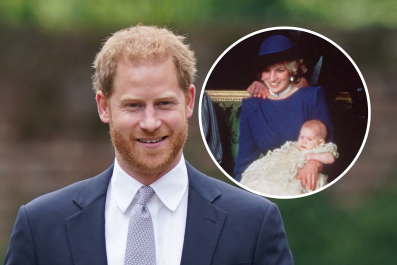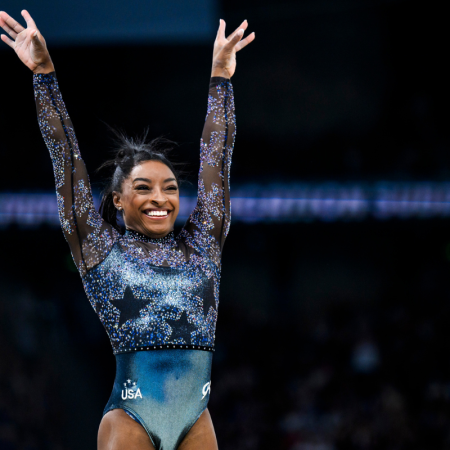Megyn Kelly has once again set her sights on Jennifer Aniston, this time over an Olympic boxing controversy.
The conservative pundit had taken aim at the Friends actor after she slammed Republican vice presidential candidate JD Vance for his past remarks about "childless cat ladies" in the Democratic Party.
The Ohio senator said on Fox News in 2021 that the party was being led by people who did not have a "direct stake" in the future of the country because they didn't have children, including Vice President Kamala Harris, now the presumptive Democratic presidential nominee.
Kelly criticized Aniston for her reaction on her eponymous podcast and claimed the actor was not really a "women's rights" advocate because she supported transgender people.
Kelly followed up those sentiments on X, formerly Twitter, and tied it to the headline-making boxing match on Thursday at the Paris Olympics between Algerian Imane Khelif and Italian Angela Carini.
Carini stopped the bout after 46 seconds and burst into tears, later saying she "had never felt a punch like this," and decided to pull out of the match to protect her safety.
When it emerged that Khelif had failed a gender eligibility test administered by a now-unrecognized boxing association, many conservatives reacted with horror and incorrectly labeled Khelif as transgender, saying she should not be allowed to compete in women's sports.
"Looking forward to Jennifer Aniston speaking out on the unfairness & danger of men pummeling women in the face at the Olympics (now that she's such a champion of women's rights). #IStandWithCarini," Kelly posted on Thursday.
Newsweek reached out to Aniston and Kelly's representatives via email for comment.
The International Olympic Committee explained its decision to allow Khelif and another woman boxer to compete. Khelif and Lin Yu‑ting of Chinese Taipei (Taiwan) were barred from competing in the 2023 Women's World Championships by the International Amateur Boxing Association (IBA).
That decision was made autonomously by IBA president Umar Kremlev, who said at the time that their DNA tests had "proved they had XY chromosomes (the male chromosomes) and were thus excluded."
The IOC withdrew the IBA's recognition in 2023 following its suspension in 2019. That decision has since been confirmed by the Court of Arbitration for Sport.
The women are allowed to compete in the Olympics because they are "women according to their passports." They also passed the IOC's own eligibility tests, which are the same guidelines that are applied in many major boxing tournaments around the world.
"These two athletes were the victims of a sudden and arbitrary decision by the IBA. Towards the end of the IBA World Championships in 2023, they were suddenly disqualified without any due process," the IOC said in a joint statement with the Paris 2024 committee.
"The current aggression against these two athletes is based entirely on this arbitrary decision, which was taken without any proper procedure – especially considering that these athletes had been competing in top-level competition for many years. Such an approach is contrary to good governance."
Algeria does not recognize transgender identities or gender-affirming surgery and does not allow citizens to change their gender on official documents, such as passports.
Many sports bodies and the IOC sometimes require women to be tested for testosterone, which must be below a certain level in order to compete. It is often applied to women recognized as having "disorders of sex development," which is more commonly known as being intersex.
The policies also apply to women with hyperandrogenism, which is a term used to describe high levels of testosterone.
Generally, they are required to reduce their testosterone to be able to compete, but the World Medical Association slammed the practice of testosterone-lowering medications because it believes the regulation is "contrary to international medical ethics and human rights standards."
It is not known whether Khelif or Lin have either of the above conditions.
Disclaimer: The copyright of this article belongs to the original author. Reposting this article is solely for the purpose of information dissemination and does not constitute any investment advice. If there is any infringement, please contact us immediately. We will make corrections or deletions as necessary. Thank you.




